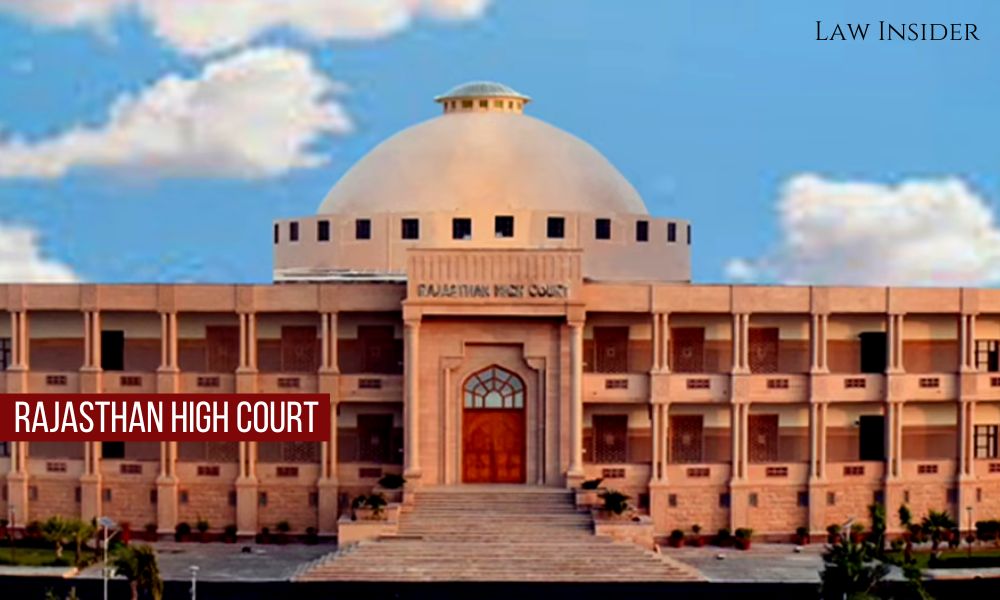Khushi Gupta
Published on: May 25, 2022 at 19:26 IST
The Rajasthan High Court has observed that the Attempt of a Complainant to get the Civil Dispute resolved by resorting to invoking jurisdiction of a Criminal Court amounts to abuse of the process of the court.
Justice Birendra Kumar, while allowing the Petition filed by the Accused and Quashing the FIR, observed, “After hearing the learned counsel for the parties and considering the material on record, this Court is of the prima facie view that real dispute between the parties is of civil nature which cannot be adjudicated by a criminal court, hence the attempt of the complainant to get the civil dispute resolved by resorting to invoking jurisdiction of a criminal court amounts to Abuse of the Process of the Court.”
In the present case, the Court noted that the real dispute between the parties is Prima Facie of Civil nature which cannot be adjudicated by a Criminal Court.
The Petitioners’ Counsel submitted that the matter in dispute is performance/non-performance of the agreement to sale between the parties and responsibility of the party to not act as per agreement and the whole issue can be decided only by a competent Civil Court and not by a Criminal Court.
He added that the ingredients of offences are not made out as at no point of time, the Petitioners had any dishonest intention i.e. at the inception of the agreement or at any stage subsequent thereto which would be evident from the facts narrated.
He contended that this is the second FIR for the same cause of action which is not permissible in law.
The Complainant-Respondent’s counsel argued that it has been settled by the Supreme Court that the High Court, while exercising jurisdiction under Section 482 Criminal Procedure Code, are required to be more cautious as the jurisdiction is more onerous and more diligent duty is cast on the courts.
The Court opined that even if petitioners failed to honour the agreement, it cannot be said that the Petitioners had cheated the Respondent.
It was also noted that Forgery is defined under Section 463 IPC which includes making of false documents as defined under Section 464 IPC and use of that forged document punishable under Section 471 IPC.
The Court opined that, “There is no averments at all that the Petitioners were involved in making any false document or used the said forged document as genuine document.
Therefore, Offences under Sections 468, 469, 471 and 120-B IPC are also not made out.

